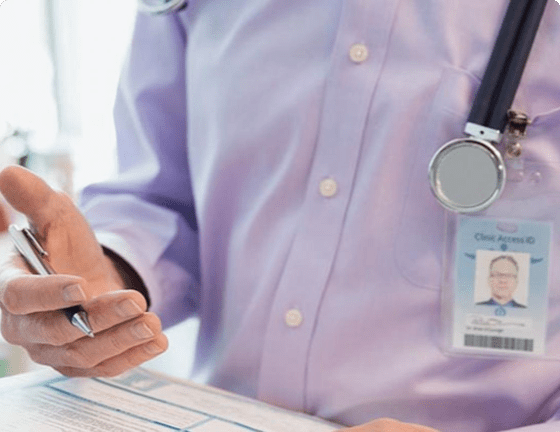Frequently asked questions
Key topics for people with pulmonary fibrosis and those caring for people with the condition

I am living with pulmonary fibrosis
Exercise can help to maintain your physical and mental health. Of course, your ability to exercise depends on a variety of factors, including how advanced the disease is, as well as your age and general health. Just trying simple, light exercises such as a short walk can be a good start. Talk to your doctor before embarking on any exercise regime, as they can help to evaluate your condition and determine an appropriate level of activity.1
There are ways you can help yourself when living with pulmonary fibrosis. Vaccinations are important and effective ways to protect yourself from infections.2 Practicing relaxation techniques and trying complementary therapies can also help reduce stress and improve your overall wellbeing. Don’t be embarrassed to ask for support from friends and family. You can also join a support group for further help with living with pulmonary fibrosis.
Yes, but it is always wise to check with your doctor first. You will need to plan more in advance, and make arrangements to consider your condition. High altitudes can worsen breathlessness, as can the climate and terrain. You may also need to inform your insurance and travel companies in advance. Your healthcare team can advise you on how to prepare and plan for your trip.3
I have just been diagnosed with pulmonary fibrosis
There are various non-pharmacological treatment options such as pulmonary rehabilitation, oxygen therapy and lung transplantation. Your treatment team knows your individual situation and condition and are best able to talk to you about possible therapeutic options.4
A clinical trial is a medical study designed to investigate how effective and safe a new treatment is. All new treatments have to go through many years of development to ensure it is safe for use in humans and that it works as expected.
You may see a lot of different doctors and other healthcare professionals over the course of your diagnosis and care. Members of your healthcare team can include your doctor, pulmonologists (doctors who are specialists in treating lung diseases), nurses, psychiatrists, occupational therapists and others.
I care for someone with pulmonary fibrosis
Just providing support and help your loved one needs can be a big help. You may feel frustrated or guilty at times but the care you give makes a big difference.
To provide the most effective care for your loved one, it is vital that you are supported too. Patient associations and community support groups can support you by allowing you to discuss your feelings with other people in similar situations. Complementary therapies such as yoga and relaxation techniques can also be beneficial for you as a carer.
Are there any family members or friends you can turn to for support? Just a few hours off every now and again can help you relax and maintain social relationships. Your doctor may also be able to help with sorting out some assistance for you. Making sure you take time to care for your own health is an important part of caring for someone.
How is pulmonary fibrosis diagnosed?
Diagnosing pulmonary fibrosis can be hard and take a long time. Doctors will look at your medical history and a team of specialists may perform a range of tests. These may include lung function tests, X-rays, and blood tests that help rule out other conditions to make a confident diagnosis.4
-
Vainshelboim B. Exercise training in idiopathic pulmonary fibrosis: is it of benefit? Breath (Sheff). 2016;12:130–138.
-
Cottin V, Crestani B, Valeyre D, et al. Diagnosis and management of idiopathic pulmonary fibrosis: French practical guidelines. Eur Respir Rev. 2014;23(132):193–214.
-
Luks AM. Do lung disease patients need supplemental oxygen at high altitude? High Alt Med Biol. 2009;10(4):321–327.
-
Wells AU, Hirani N. Interstitial lung disease guideline. Thorax. 2008;63(Suppl V):v1–v58.
Also in this section

Glossary
You may also be interested in

What is pulmonary fibrosis?



